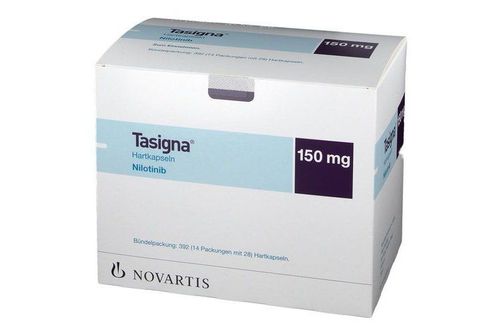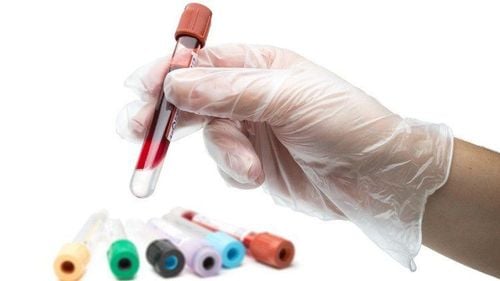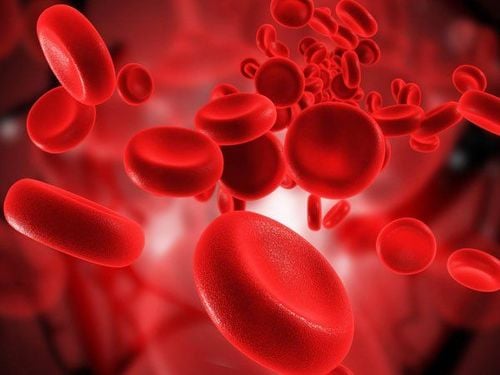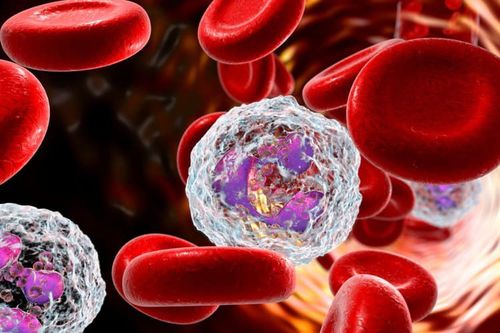This is an automatically translated article.
The article was written by Specialist Doctor II Le Thi Na - Doctor of Hematology - Laboratory Department - Vinmec Times City International Hospital.
1. What is a erythrocyte sedimentation test?
Erythrocyte Sedimentation Rate (ESR) is a test that measures the erythrocyte sedimentation rate, which is performed by placing anticoagulated blood (usually EDTA) into a upright column and assess the height of the remaining plasma column after 1 h. The plasma column height will be expressed in mm and represents the erythrocyte sedimentation rate. Changes in these proteins in the blood lead to different aggregation of red blood cells.The faster the red blood cells settle, that is, the faster the rate of aggregation indicates inflammation and necrosis. Therefore, the clinical erythrocyte sedimentation test is not specific in any disease because it only indicates the presence of inflammatory cells, but does not determine the location and cause of inflammation. In order to make an accurate diagnosis, more specific blood tests are indicated.
1.1 Indications The erythrocyte sedimentation test is indicated for the following cases: Patients with joint pain, fever, rheumatic heart disease, systemic lupus erythematosus, cancer, inflammatory diseases of the digestive tract.
1.2 Contraindications There are no contraindications.
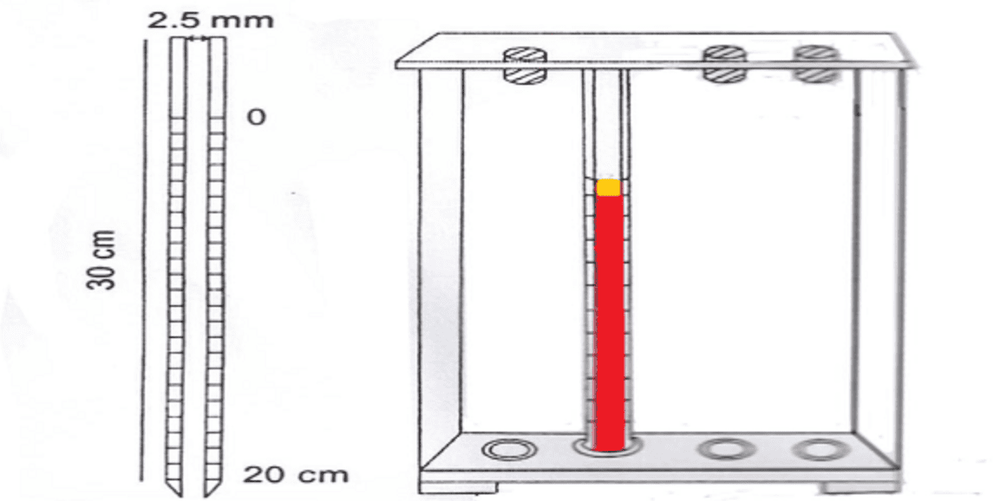
2. What symptoms should be tested for erythrocyte sedimentation rate?
If you have any of the following symptoms, consider having a blood test done
Joint pain or persistent stiffness Headache, especially with pain associated with the shoulder area Unusual weight loss Shoulder, neck and hip pain Symptoms Gastrointestinal symptoms such as: Diarrhea, fever, blood in stools, unusual abdominal pain. The doctor will note a few issues before doing the erythrocyte sedimentation test
3. Normal value of erythrocyte sedimentation test
For men
Under 50 years old: < 15 mm/1h. Over 50 years old: < 20mm/1h. For women
Under 50 years old: < 20mm/1h. Over 50 years old: < 30 mm/1h. The last months of pregnancy and postpartum period: < 50 mm/1h. Menstrual time: < 40mm/1h Children: 3-13mm/1h. Newborns: 0 – 2 mm/1h. The erythrocyte sedimentation rate according to the Westergren method: < 15mm/1h.

4. Automated erythrocyte sedimentation test
Since the beginning of 2019, the Laboratory of Vinmec Times City International Hospital is equipped with the most advanced automatic erythrocyte sedimentation rate device (Model: Alifax Roller 20PN/ Made in Italy). This testing machine system uses the exclusive technology "Opometric method in the capillary" developed from the Westergren method. Compared with the old equipment, the new system has many advantages:Time Fast measurement (~ 20s), allowing to shorten the time to return results to the patient. Fully automatic, temperature normalization and sample shaking as required by H02 A5 CLSI. Highly similar to the Westergreen reference method. The amount of blood tested is very small (0.1 ml), using the same EDTA sample tube for total peripheral blood analysis. There is an internal audit program to monitor and manage quality. Actual use shows that this device meets clinical needs very well.
Vinmec International General Hospital is one of the hospitals that not only ensures professional quality with a team of leading medical doctors, modern equipment and technology, but also stands out for its examination and consultation services. comprehensive and professional medical consultation and treatment; civilized, polite, safe and sterile medical examination and treatment space. Customers when choosing to perform tests and treat diseases here can be completely assured of the accuracy and high efficiency in the treatment process.
Please dial HOTLINE for more information or register for an appointment HERE. Download MyVinmec app to make appointments faster and to manage your bookings easily.
SEE MORE
Meaning of blood test numbers What diseases can blood tests indicate? What you need to know about the blood count test





